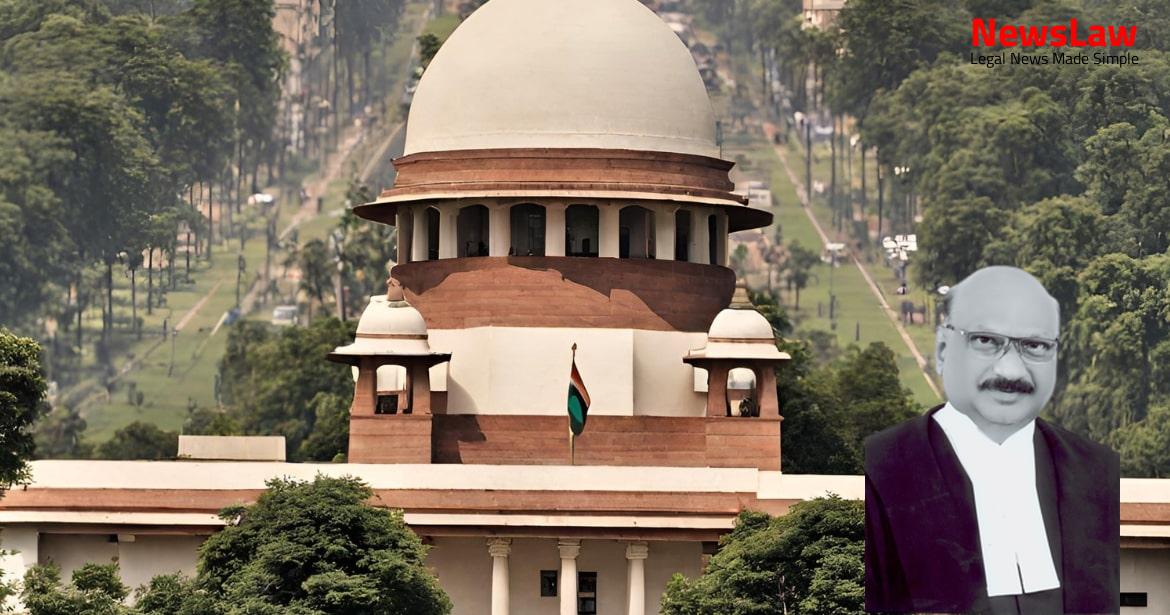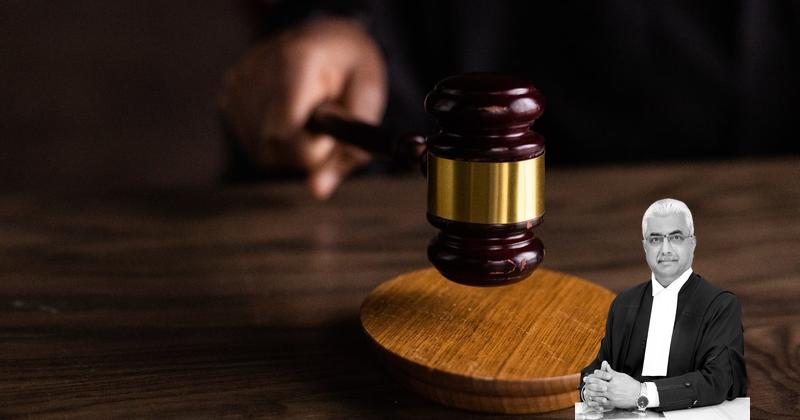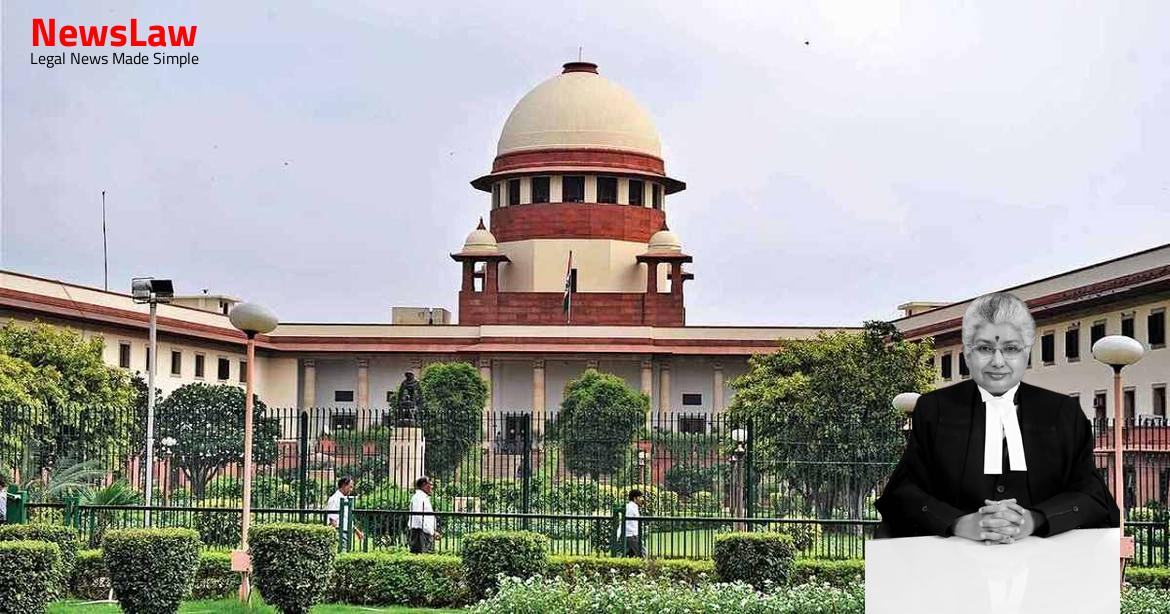Delve into the intricate legal analysis regarding deemed tenancy rights of evacuee property in a recent court case. The focus is on the court’s detailed examination of the Goa Administration of Evacuee Property (Amendment) Act, 1989, and the implications of the defined criteria for establishing tenancy under the Act. Stay tuned to understand the nuances of the law and the court’s interpretation in this complex legal scenario.
Facts
- The Civil Judge, Senior Division, Bicholim granted ex-parte injunction in Civil Suit No.126 of 1984.
- The appeal filed by the 2nd respondent before the District Judge resulted in dismissal.
- Regular Civil Suit No.60 of 1990 filed by the 2nd respondent regarding portions of Survey Nos.114 and 116 also ended in dismissal.
- Goa Administration of Evacuee Property (Amendment) Act, 1989 made the provisions of Goa, Daman and Diu Agricultural Tenancy Act, 1964 applicable to evacuee properties.
- 2nd respondent filed an application under Sections 7 and 8-A of the Tenancy Act to declare himself as a tenant of the suit properties in Civil Suit No.126 of 1984.
- Appellants obtained police protection due to interference by respondents despite injunction orders.
- 2nd respondent claimed possession before the Court of Custodian of Evacuee Property, Panjim.
- Division Bench dismissed the appeal regarding possession as not maintainable.
Also Read: High Court Restores Tribunal’s Compensation in Fatal Accident Case
Arguments
- Land in question is evacuee property governed by Evacuee Property Act.
- Tenancy Act was made applicable to evacuee properties by Amending Act 19 of 1989.
- Absence of acceptable evidence to prove respondent 2 was a tenant of the land in question.
- No evidence to show respondent 2 was a ‘tenant’ or ‘deemed tenant’ under Tenancy Act.
- Claim of respondent 2 as a tenant allowed without valid reasons or evidence.
- Application allowed based on alleged oral compromise without proper examination as per Tenancy Act provisions.
- Concurrent findings by all authorities confirmed by High Court judge, indicating no grounds for interference.
- 2nd respondent related to parties and possesses portion of land, claiming tenancy rights.
- Oral evidence supports possession of 2nd respondent on the land in question.
- Primary authority declared tenancy in favor of 2nd respondent based on oral and documentary evidence.
- Impugned orders by High Court affirming statutory authorities’ decisions found to be justified.
Also Read: Legal Analysis of Common Areas Dispute in Property Partition Case
Analysis
- Section 3 of the Amending Act overrides other laws.
- Section 4 of the Tenancy Act defines ‘persons deemed to be tenants’.
- The 2nd respondent claimed deemed tenancy based on an alleged oral settlement with appellants’ predecessor.
- To establish deemed tenancy, one must prove possession between July 1962 and February 1965.
- The 2nd respondent did not provide sufficient documentary evidence to prove possession during the relevant period.
- The 2nd respondent did not claim tenancy directly from the Custodian and therefore cannot benefit from the Amending Act 19 of 1989.
- The claim of the 2nd respondent was allowed without valid reasons or acceptable evidence according to the impugned orders and judgments.
- The Goa Administration of Evacuee Property (Amendment) Act, 1989, overrides other laws specifically in relation to agricultural land and tenancies created by the Custodian.
- Transactions in respect of property belonging to a Portuguese national require prior approval of the Custodian for validity.
- Any transaction relating to property declared as evacuee property must be approved by the Custodian to be valid.
- The definition of ‘tenant’ includes a person who holds land on lease, cultivates it personally, and those who are or were deemed to be tenants under the Act.
- Inspection report and excise licenses of the respondents were considered credible by the Learned Single Judge of the High Court.
- The oral settlement disputed by the appellants cannot be the basis for the grant of tenancy rights to the respondent.
- Appellate and revisional authorities did not consider relevant aspects before disposing of the appeal and revision.
Also Read: Interpretation of Promotion Criteria in University/College Setting
Decision
- Appeals allowed and impugned orders set aside.
- Application filed by the 2nd respondent dismissed.
- Contempt petitions closed as unnecessary orders on contempt at this stage.
- Notice issued to maintain status quo on possession of lands in question.
- Allegations of violation of order by legal representatives of 2nd respondent.
- Final orders passed in civil appeals render orders on contempt petitions unnecessary.
Case Title: SITABAI SHANTARAM TALAWNEKAR Vs. CUSTODIAN OF EVACUEE PROPERTY . (2020 INSC 222)
Case Number: C.A. No.-008802-008803 / 2013



